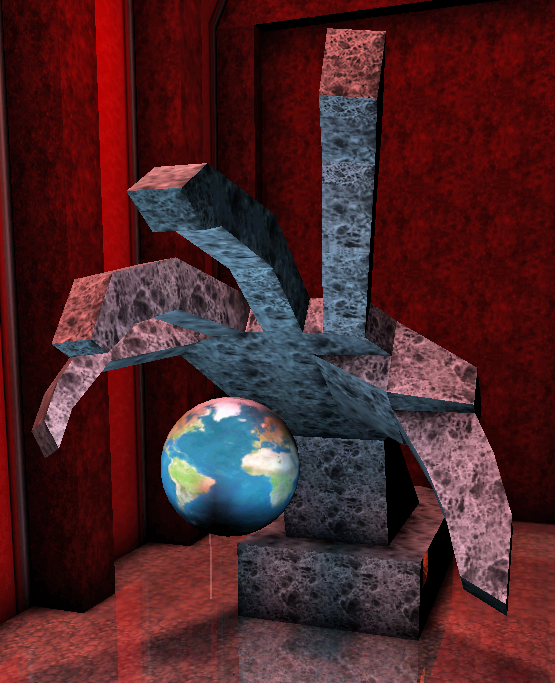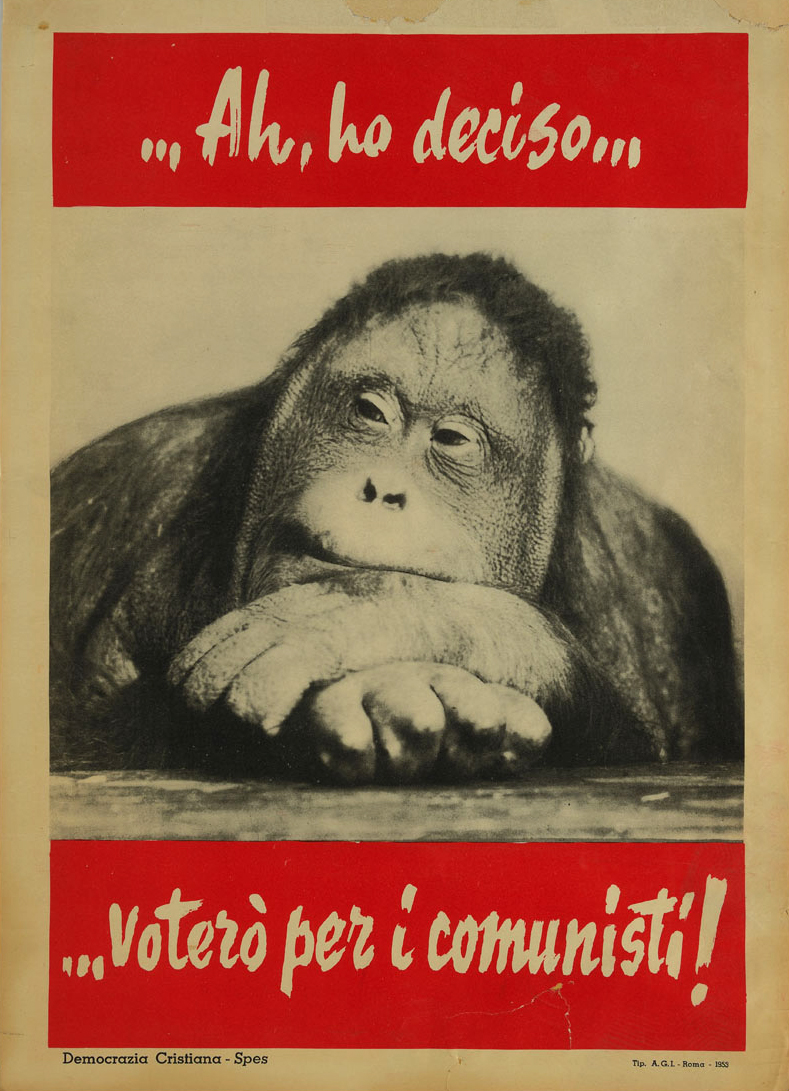German energy giant RWE has begun dismantling a wind farm to make way for a further expansion of an open-pit lignite coal mine in the western region of North Rhine Westphalia.
I thought renewables were cheaper than coal. How is this possible?
Didn’t the green party in Germany have power in government right now? And weren’t they the same guys who dismantled their nuclear plants?
I’m not very informed on German politics but if the answer to both was yes they should really rename their green party to the coal party.
The original contract with the company RWE was made in the 1990s and included destroying whole towns for the coal mine, which was planned to be in use until 2038.
What we see now is a compromise between RWE, the state of North Rhine-Westphalia and the federal government to save the remaining towns and close the mine earlier (in 2030). The wind turbines are from 2001 and are nearing the end of their lifecycle.
Why not introduce a coal tax of 1million per ton, no need to modify the contract at all. If they want to pay 1million per ton to mine the coal, RWE is more then welcome to do so. It is their legal right after all.
the force is strong with you
This would likely end up hurting consumers more than RWE, because the “merit order” pricing system sets electricity prices depending on the production cost of the most expensive unit of electricity that is being consumed at a given time (usually coal). So raising the production cost of coal-based electricity sadly will also raise electricity prices, so long as renewables don’t take over a larger share of the market.
I mean of course it would hurt consumer absent government intervention, that is the design of the market system. Socialize costs, privatize the profits. But it doesn’t HAVE to be that way if Germany actually wanted to go green.
The greens sadly are forced to form a coalition with the social democrats and the neo-liberals, the latter of which are trying to hold every progress back
Why not step out if the coalition then? Seems better to not be in power if your coalition partners stand against everything your party should stand for.
That happened here when our centrist, nationalist and far-right parties made a coalition. The far-right one was messing everything up so the centrists just went yeet and broke the coalition resulting in their coalition being in the minority.
No. They are this close to legalising weed in Germany. Should be end of this year. After that, whatever.
We still live in reality, you have to be pragmatic. The greens are the second most leftist party in the Bundestag and the most leftist party in the government coalition. Them leaving the coalition would mean the social democrats and neo-libs wouldn’t get any majority anymore which would result in a conservative government. We had that the last 16 years, there’s a reason why we elected someone different this time.
That’s fair thoughI feel like that’s a position they could easily use to get actual green policies through. But again I know very little about German politics so that is a purely feels based idea.
They do what they can. In the beginning, all over media this coalition has been praised to have done more for the people in 100 days than the previous government has done in 16 years. Thing is, the yellows are actively trying to sabotage everything the greens put forth. Our green ministry for family and social affairs wanted to pass a “basic child social security”-law, for which they planned to allocate 12 billion euros, like previously agreed upon. The yellows however have control over the ministry for financial affairs, being able to determine which ministry gets how much resources. That’s why said law only ended up getting 2.4 billion euros. It was an absolute shitshow.
The green party ruled my state for decades. Their commitment to “green” politics was always very surface-level and they catered to the erewhon customer type of voting base.
they’re on fire!
The Green parties are simply a way in which the capitalist superstructure ensures the security of the base by ensuring electoral support of the pearl-clutching petit-bourgeois.





